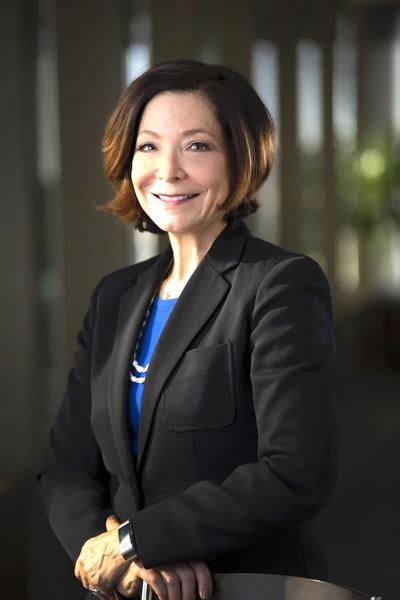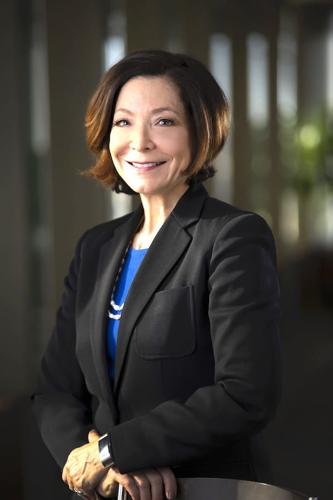PITTSBURGH (TNS) — Leslie Davis, the new CEO of UPMC, makes no effort to distance herself from her controversial predecessor.
Jeffrey Romoff, who worked for UPMC for 48 years and led it for 30, is credited with transforming it from a Pittsburgh-focused entity to a $23 billion global enterprise. During the past decade, UPMC has grown to include 40 hospitals in Pennsylvania and surrounding states. With 97,000 employees, UPMC is the largest non-government employer in Pennsylvania.
Romoff won plenty of admiration locally and abroad for his business acumen and vision.
With his $9 million salary, he also attracted critics, who accused non-profit UPMC of putting market dominance and revenues ahead of the best interests of patients and the community.
Much of that view resulted from the scorched-earth clash between UPMC, western Pennsylvania’s most popular health care system, and Highmark, the region’s largest health insurer.
The end result was the Pittsburgh region having to choose UPMC or Highmark. Some people had to change doctors and hospitals during ongoing medical episodes. It caused employee health benefits chaos for businesses.
Highmark had to acquire its own network of hospitals and doctors to survive. UPMC already had its own health insurance company, which grew bigger following the split.
One major Romoff critic is state Rep. Dan Frankel of Allegheny County. Frankel, on the occasion of Davis’ elevation to CEO, said: “Perhaps now the institution can become the leader it promised when it posted its logo in the brightest possible lights on top of the Steel Tower: Stop taking and start giving back.”
UPMC declined to react to Frankel.
Davis, 62, is the first female CEO of UPMC. During a brief interview, she called Romoff “a great leader” and expressed gratitude for the opportunity to work closely with him for 17 years.
In general, she promised a continuation of the trajectory set by Romoff.
“We don’t do anything small. It’s like go big or go home,” she said.
She outlined a focus on four things:
- High-quality patient care.
- Taking good care of UPMC employees, who she said are worn down from the pandemic, and “making sure everyone wants to work here.”
- Growing the UPMC health insurance plan — she cited growth potential in the Harrisburg region.
- Maximizing the relationship with the University of Pittsburgh; “the DNA of what we do is innovation,” she noted.
Davis has been a health care executive for 30 years. She worked in New York City and Philadelphia before coming to Pittsburgh 17 years ago.
One major role involved serving as president of UPMC Magee-Womens Hospital for 14 years. Most recently she was president of UPMC’s health services division, which put her in charge of the 40 hospitals.
Each has a network of doctors, specialists and medical offices throughout the region. It can be confusing for patients. The good part is there’s plenty of competition and choice in the region. That’s different than many parts of the United States, where the local hospital is the only game in town.
Still, the need to travel far has greatly decreased over time, with all the local systems investing heavily in the specialized care needed to keep people home.
The systems compete intensely, with each striving to funnel in patients and keep them within for all the health care they might ever need.
Davis raised three children while rising as a health care executive. They were in middle school and high school when she came to work for UPMC and are now on their own.
As a female CEO, she said she’s committed to gender equity and all forms of equity in the workforce.
Still, in her view there’s no hard, glass ceiling for women at UPMC. She pointed to several women in top-level positions at UPMC, including Diane Holder, the president of UPMC’s health insurance arm, and Jeanne Cunicelli, the president of UPMC Enterprises.
Regarding her own rise to the top of a major company, she said, “It’s nice to be a role model to so many children.”
























